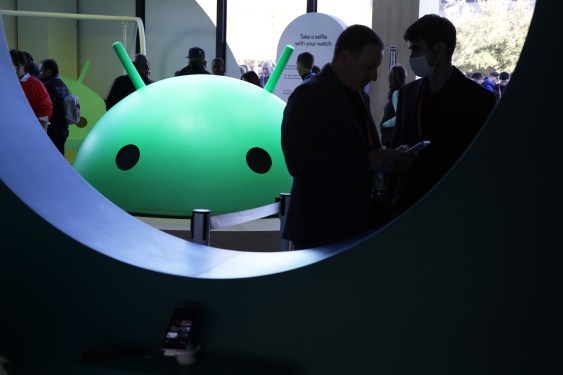Google is tightening security measures around Android app distribution. The company announced on Monday that starting next year, it will begin verifying the identities of all developers distributing their apps on Android devices. This new policy extends beyond the Google Play Store and will affect all certified Android devices once live, though the global rollout will be gradual.
The tech giant stresses that this does not mean developers can no longer distribute apps outside of the Play Store through other app stores or via sideloading. Android will remain open in that regard. However, developers who previously appreciated the anonymity of alternative distribution methods will no longer have that option.
Google states this measure will help cut down on bad actors who hide their identity to distribute malware, commit financial fraud, or steal users’ personal data. According to its own survey, Google says that more than 50 times more malware came from internet-sideloaded sources compared with Google Play, where it has required developer verification since 2023.
The rollout will happen in phases. Initially, Google will allow interested developers to sign up for early access starting in October 2025 to test the system and provide feedback. Verification will go live for all developers in March 2026. By September 2026, any app installed on an Android device in Brazil, Indonesia, Singapore, and Thailand will have to meet the new requirements. Starting in 2027, the requirements will begin rolling out globally.
Developers will be required to provide their legal name, address, email, and phone number. This could push independent developers to register as a business for their own privacy. Apple implemented a similar change for the EU App Store earlier this year to comply with the Digital Services Act, a regulation that requires app developers to provide their trader status to submit new apps or updates.
Google notes that student and hobbyist developers will be able to use a separate type of Android Developer Console account when this system rolls out, as their needs differ from commercial developers. These changes could have a significant impact on the Android app ecosystem as Google works to cut down on the security issues and malware that have typically plagued its platform.

